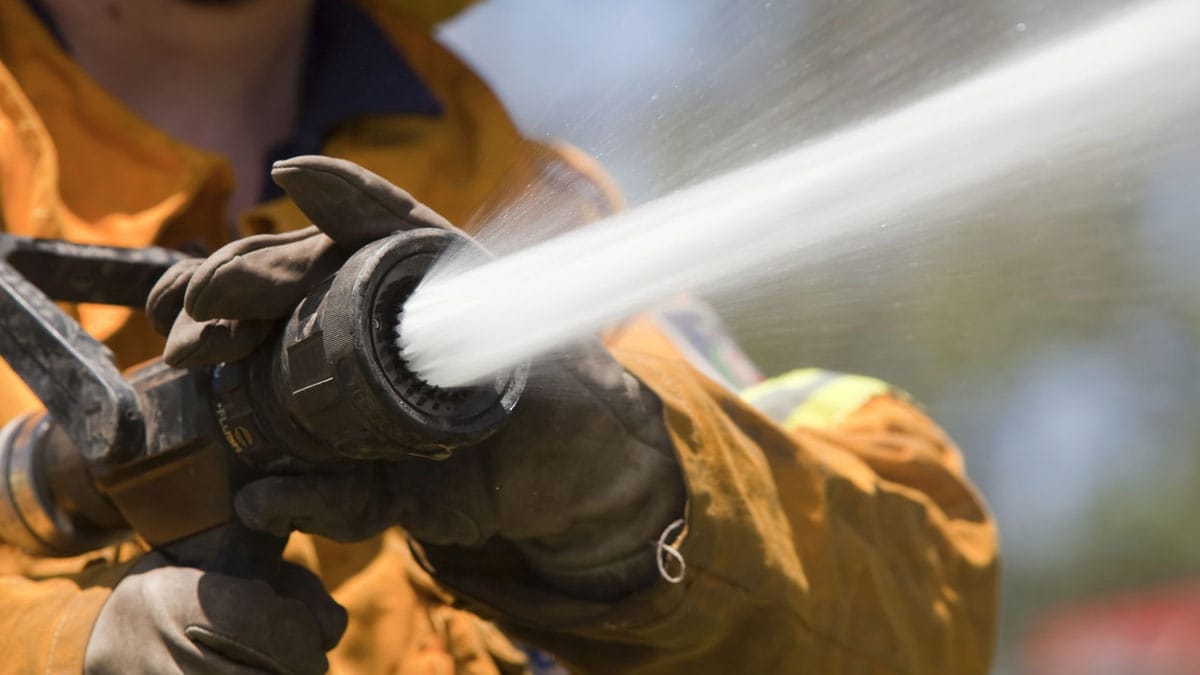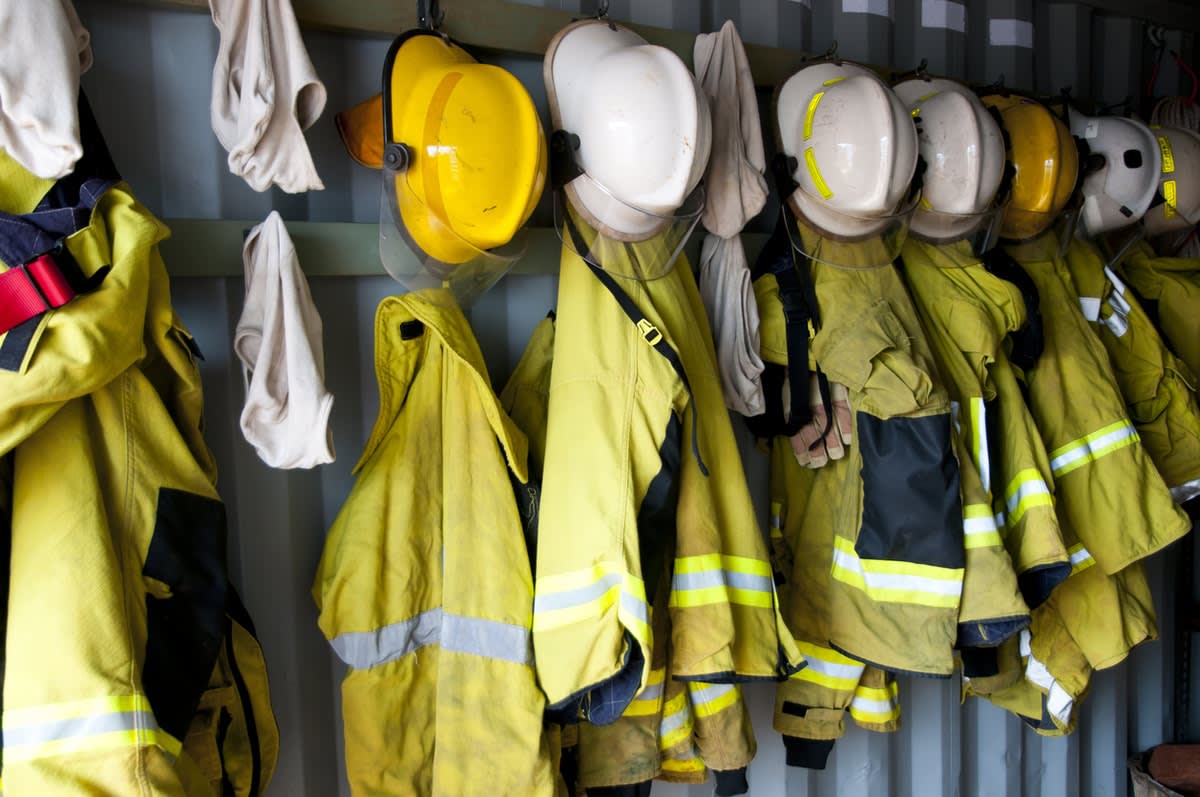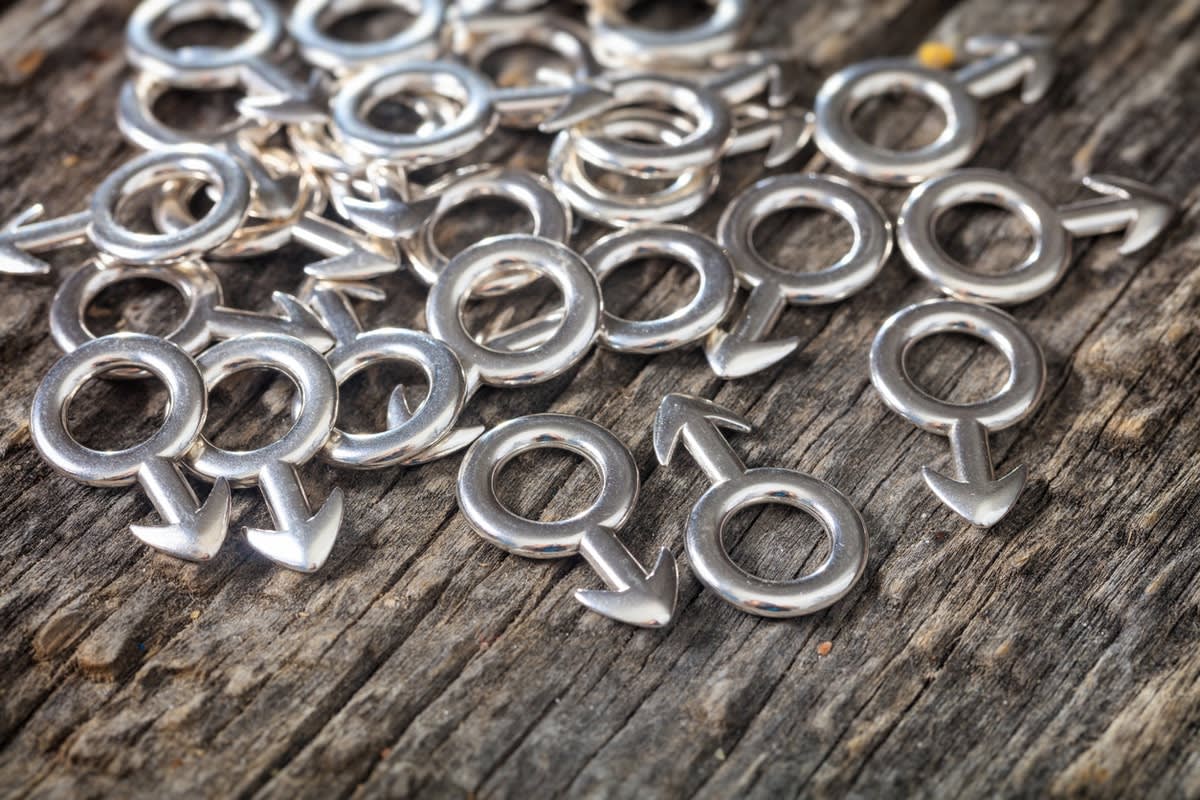
Recently, in a week that started with optimism and activism with the national March4Justice protests, one might have thought that voices calling attention to violence against women were finally being heard.
Yet, just a few days later, any ears tuning in to matters of equality or justice for women were sidetracked by another story of men behaving badly and misogyny in the Country Fire Authority (CFA), renewing calls for the release of the 2018 Victorian Equal Opportunity and Human Rights Commission (VEOHRC) report into bullying and sexism in the fire service that was suppressed by the United Firefighters Union (UFU).
With women from all walks of life rightly calling out violence against them, and calling on others to stand in solidarity, the silence and inaction of powerful men, women and systems raises serious questions about how sexism and misogyny are everyday features of Australian workplaces, schools, fire services, governments – let’s just say society?
And, further, why so many people (men and women) are blindly attached to it, and work vehemently to deny and denounce, but at the same time repress and suppress?
CFA again feels the heat
In an article on 17 March, The Age reported regular ongoing acts of violence against women.
In one instance, we heard about a male CFA lieutenant exposing himself in an online brigade meeting in April 2020. In another, we were provided with a 2015 video created for social media by a male firefighter depicting a vacuum inserted into the cardboard cut-out mouth of a woman with his own voiceover: “Oh, Tim, you need to get yourself a girlfriend.” “No I don’t.”
Misogyny, alive and well.

These recent allegations emerge to reinforce years of ongoing and regular evidence of bullying, discrimination and hazing in the organisation, and raises still more questions about why silence, cover-ups and inaction remain the operational protocol for the CFA.
All this despite both the important role and public good for which fire and emergency services in Australia are known, as evidenced by the 2019-2020 bushfires.
Though perhaps it’s because of this view that poor workplace behaviour is overlooked.
My recent research has also found that fire and emergency services can be a rewarding workplace for young women, with opportunities for technical skill development, physical training, and character-building.
For example, young women explain vehicle extrication and the use of heavy tools as an awesome kind of a physical and mental puzzle. Those interviewed reported they developed confidence, courage, and a strong sense of community and team cohesion, insisting that they “don’t leave anyone behind”.
Rather ironically, perhaps, this “taking care of your own” signals the exact “boys’ club culture” the UFU and CFA are relying on by suppressing human rights reports formed from the data of their own members.
Yes, this is beginning to sound a bit off.
In the same research, both career and volunteer women firefighters reported that they’re consistently harassed and expected to “look pretty”, or risk being overlooked for promotions and leadership opportunities. Comments such as “I have some older firies that aren’t actually interested in either me or my career path” are typical of the guard that holds the power.
More problematic still is the expectation that they’ll also uphold the code and silence in the suppression of truth: “I know for a fact that [organisation omitted for anonymity] has not managed bullying, has not managed assaults against staff.”

Something is rotten
These off-the-record claims are in stark contrast to the wave of truth called for by women such as Australian of the Year Grace Tame, who hailed a revolution inviting women to “share your truth, it is your power”.
Then there’s Chanel Contos, the 23-year-old whose recent online petition was inundated with testimonies from young women reporting they were sexually assaulted by their male peers from many of Sydney’s elite boys’ schools. And let’s not even get started on the suggestion from NSW Police Commissioner Mike Fuller that a consent app “protects everybody”.
Instead, let’s cut to the chase and call out everything that’s rotten about sexism in this country. Let’s create a space where women in the fire and emergency sector can echo Tame’s call for systemic change, suggesting quite simply for most of us that “the attitude at the top needs to change…that change needs to filter down right through the organisation so that it’s not just seen as being a men’s club, or whatever – that women’s contributions are acknowledged and valued – but changing that cultural feeling is really difficult. It’s an Australian sort of idiom that the world belongs to men, I guess.”
And that’s precisely the problem.
It’s a man’s world
The barrier to change may well sit in patriarchy, a clan-based concept that manifests in our everyday lives by putting men at the head of the table, in the most comfortable chair, eating the biggest steak, walking in front of their wives, and in thousands of other ways as superior to women.
As a result, men have the ability to maintain control via a disproportionately large share of power. As we’ve recently seen, this control stretches from family dinner tables to schoolyards, from the CFA to Parliament House.
There’s clearly something holding this all together, and despite what public health discourses might suggest, it isn’t toxic masculinity.
At the March4Justice, Brittany Higgins made this plain. “The system is broken…it is the custodians of the status quo keeping the existing system alive,” she told the march.
Rotten to the top
Neither Prime Minister Scott Morrison nor the Minister for Women, Marise Payne, walked with or addressed the 100,000 women, girls and supporters at the March4Justice. Organisers urged Morrison to come out and hear the complaints of women about systematic acts of violence in workplaces, institutions, even in Parliament House.
Speaking on the ABC’s 7.30, Payne explained that while she spoke privately with the PM about Brittany Higgins and Christian Porter, she did not canvas her staff about their experiences with Porter, nor contact Higgins, and instead kept the men’s secrets.
Women’s complaints have been ignored and suppressed. Following the allegations of rape in Minister for Defence Linda Reynolds’ office in Parliament House in March 2019, Higgins’ complaint was dismissed, played down, and “I was made to feel like it was my problem”, she said.
Reynolds was later forced to apologise after calling Higgins a “lying cow”. This shows that women, too, are attached to the patriarchy.
Getting fully involved
When taken together, these acts aren’t just examples of men behaving badly. Rather, it’s something more insidious, structurally sound, and bound to notions of superiority and inferiority – aka, patriarchy – and it’s long past time to become fully involved in dismantling it.
We have to stop making excuses and covering up. We need to listen to women’s complaints, and act in response to every one of them.
We need to stop framing this as toxic masculinity. It’s a patriarchal system supporting and reinforcing small and large personal acts of violence against women every single day.
We need to stop framing this as toxic masculinity. It’s a patriarchal system supporting and reinforcing small and large personal acts of violence against women every single day, and that stink seeps from the walls of the institutions, organisations and places in which women and girls live and work. And everyone knows you can smell it.
We need to start to frame patriarchy as institutional, cultural/culture, rules, systems, practices, ways of speaking, not hearing and silence. It is silent and pervasive, hidden behind excuses for bad behaviour, excused as humour, veiled as hysteria, and is in need of suppression.
I implore everyone to call it out every time it’s seen, heard, felt or smelled, and day by day we can all work to crack the facade of patriarchy that binds us all violently against women.





